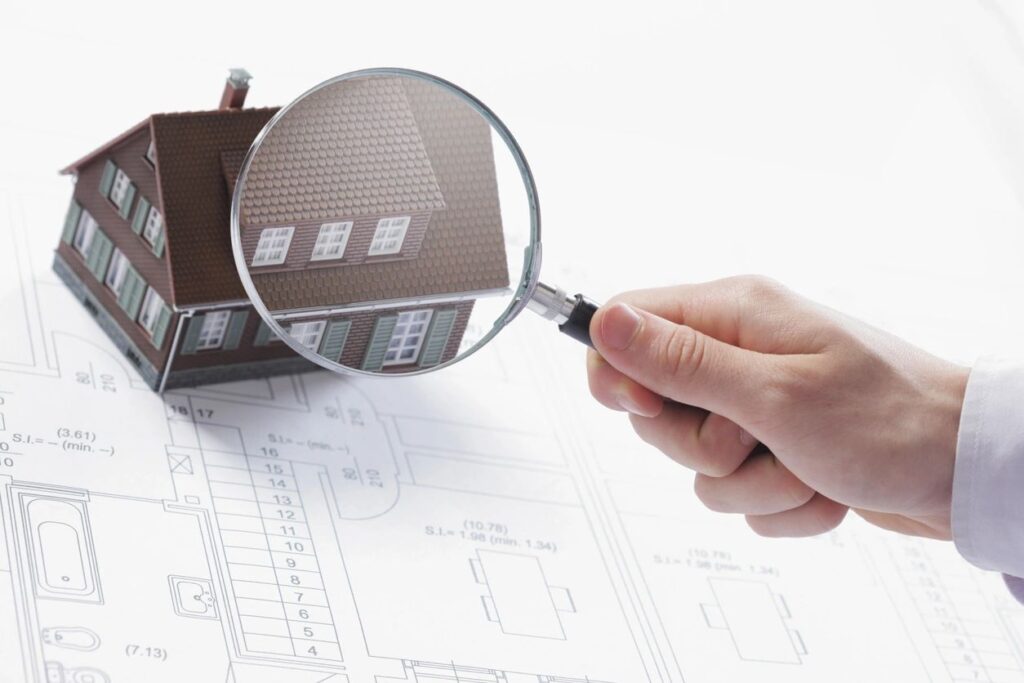Buying a home is a monumental decision, often the biggest investment you’ll ever make. While the excitement of finding your dream home can be overwhelming, there’s one crucial step you should never skip: the home inspection. This seemingly small investment can save you thousands of dollars and countless headaches down the road.
Peace of Mind and Informed Decisions:
A home inspection provides invaluable insights into the true condition of the property you’re considering. It’s a comprehensive assessment conducted by a qualified professional, offering an objective view beyond the freshly painted walls and staged furniture. The inspector’s findings empower you to make informed decisions, ensuring you understand exactly what you’re buying.
What Does a Home Inspector Look For?
A home inspector’s trained eye will scrutinize various aspects of the property, including:
- Structural Integrity: This includes the foundation, framing, roof, walls, and floors. Inspectors will look for signs of damage like cracks, sagging, or water intrusion.
- Roofing: The inspector will assess the roof’s condition, checking for damaged shingles, leaks, and proper flashing. They’ll also estimate the roof’s remaining lifespan.
- Plumbing Systems: From pipes and faucets to toilets and water heaters, the inspector will check for leaks, clogs, and proper drainage. They’ll also assess the condition of the sewer line.
- Electrical Systems: Wiring, outlets, switches, circuit breakers, and the electrical panel are all examined to ensure they’re up to code and safe. Outdated or faulty wiring can be a major safety hazard.
- HVAC Systems: Heating, ventilation, and air conditioning systems are checked for functionality and efficiency. Inspectors will look for signs of wear and tear and assess the age of the units.
- Appliances: Built-in appliances like ovens, dishwashers, and garbage disposals are typically tested to ensure they’re working correctly.
- Attic and Crawl Space: These areas are inspected for proper insulation, ventilation, and signs of moisture or pest activity.
- Exterior: Siding, windows, doors, walkways, and landscaping are all assessed. The inspector will look for damage, rot, or drainage issues.
The Inspection Report: Your Negotiation Power Tool:
The detailed report generated by the home inspector is a powerful tool in your hands. It outlines all the findings, categorizing them by severity. This report serves several crucial purposes:
- Identify Potential Problems: The report highlights existing issues, allowing you to understand the true condition of the home and anticipate potential repairs or maintenance costs.
- Renegotiate the Purchase Price: If the inspection reveals significant problems, you can use the report to renegotiate the purchase price with the seller. You might request a price reduction to cover the cost of repairs or ask the seller to complete specific repairs before closing.
- Request Repairs: Instead of a price reduction, you can request the seller to address certain issues outlined in the report. This is common for major repairs or safety concerns.
- Walk Away from the Deal: In some cases, the inspection might reveal extensive or costly problems that make you reconsider the purchase altogether. The inspection contingency in your offer allows you to walk away from the deal without penalty if you’re not satisfied with the findings.
Don’t Waive the Inspection:
In a competitive market, some buyers might be tempted to waive the home inspection to make their offer more attractive. This is a risky move. Waiving the inspection means you’re accepting the property as-is, with all its potential flaws and hidden costs. It’s a gamble that could have serious financial consequences.
Choose Your Inspector Wisely:
Selecting a qualified and reputable home inspector is essential. Ask for recommendations from your real estate agent, friends, or family. Check online reviews and verify the inspector’s credentials and certifications. It’s also a good idea to attend the inspection yourself to ask questions and gain a better understanding of the property.
The Bottom Line:
A home inspection is a small investment that can provide invaluable peace of mind and protect you from costly surprises. It’s a non-negotiable step in the home buying process, empowering you to make informed decisions and negotiate from a position of strength. Don’t skip this crucial step – it’s an investment in your future and the safety of your new home.


